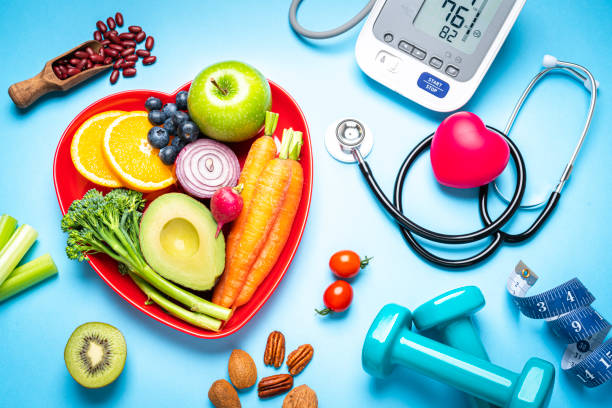
“The Importance of Nutrition in Sports Performance”
Nutrition plays a pivotal role in the world of sports and athletic performance. Whether you’re a professional athlete or a fitness enthusiast, the food you consume can significantly impact your abilities on the field, track, or in the gym. In this article, we’ll delve into the essential aspects of nutrition and why it’s crucial for optimizing sports performance.
The Fuel for Success
Think of your body as a high-performance car. To function at its best, it needs the right type and amount of fuel. Athletes require a balanced diet that provides the necessary nutrients to support their training, recovery, and overall health. These nutrients include carbohydrates, proteins, fats, vitamins, and minerals.
1. Carbohydrates: Carbs are your body’s primary source of energy. They are especially important for endurance sports like long-distance running and cycling. Complex carbohydrates from sources like whole grains, fruits, and vegetables provide sustained energy, while simple carbohydrates like those found in sugary snacks offer quick bursts of energy.
2. Proteins: Protein is essential for muscle repair and growth. Athletes need slightly more protein than sedentary individuals to support their active lifestyle. Lean sources like chicken, fish, beans, and tofu are excellent choices.
3. Fats: Healthy fats are necessary for overall health and can provide a source of energy during prolonged activities. Sources of healthy fats include avocados, nuts, and olive oil.
4. Vitamins and Minerals: Proper intake of vitamins and minerals is crucial for various bodily functions. For example, calcium is vital for bone health, while iron is essential for oxygen transport in the blood.
Hydration Matters

Staying hydrated is just as important as eating the right foods. Dehydration can lead to decreased performance and even heat-related illnesses. Athletes should drink plenty of water throughout the day and consider sports drinks during intense workouts to replace lost electrolytes.
Timing Is Key
When you eat is as important as what you eat. Consuming a balanced meal or snack 1-3 hours before exercise provides the necessary energy. Post-exercise nutrition, within 30 minutes to two hours after a workout, helps with recovery by replenishing glycogen stores and repairing muscle tissue.
Individualized Nutrition Plans

It’s essential to remember that there’s no one-size-fits-all approach to nutrition in sports. Athletes have unique dietary needs based on their sport, training intensity, body composition, and personal goals. Consulting with a sports nutritionist can help create a personalized plan tailored to specific needs.
Conclusion
In conclusion, nutrition is a cornerstone of sports performance. A well-balanced diet that includes carbohydrates, proteins, healthy fats, vitamins, and minerals, along with proper hydration, can enhance an athlete’s endurance, strength, and overall abilities. Remember that every athlete is different, so it’s essential to customize nutrition plans for optimal results. By paying attention to what you eat and when you eat it, you can fuel your body for success in your chosen sport.
